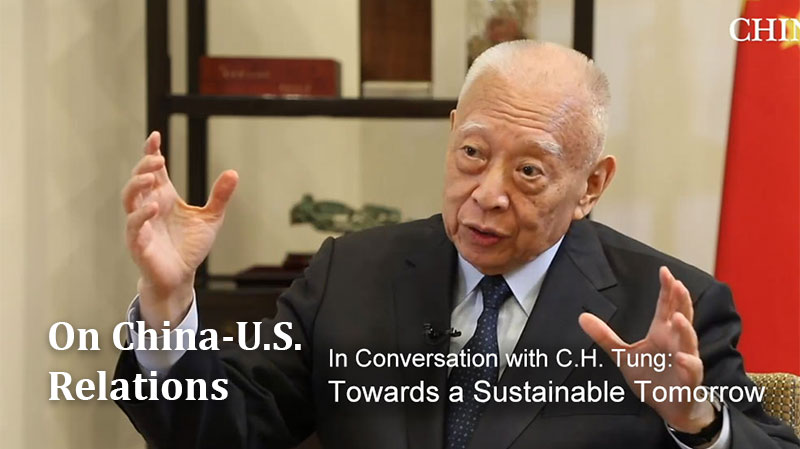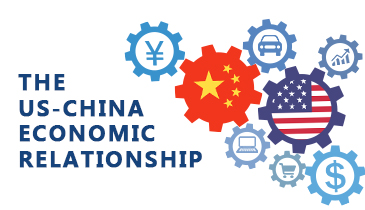Wang Zhen, Research Professor, Shanghai Academy of Social Sciences
Jan 05, 2017
Western overconfidence cost President Obama and US allies the chance to shape the resolution of the Syrian crisis. Turkey’s realignment with Russia and Iran on the issue is a game-changer, for no neighboring countries of Syria can replace the role of Turkey for the Western alliance.
Wu Sike, Member on Foreign Affairs Committee, CPPCC
Feb 17, 2016
The first round of the talk between the Syrian government and opposition parties is expected to be held for two to three weeks, discussing the political process, ceasefire, provisions for humanitarian assistance, and the fight against terrorism. The good news is that Russia and the United States have reached common ground in their mediation efforts.
Jan 20, 2016
China has signalled its support for Yemen's government, which is fighting an Iran-allied militia, on the first day of a visit to Saudi Arabia by Chinese President Xi Jinping, who will also be heading to Tehran later in the week.

Wu Sike, Member on Foreign Affairs Committee, CPPCC
Jan 19, 2016
As the latest episode in regional conflict has unfolded, China has acted quickly on the diplomatic front, working with the United States and other major powers to reduce tension and resolve the Saudi-Iranian standoff through dialogue.
Jan 11, 2016
A Chinese diplomat urged "calm and restraint" between Saudi Arabia and Iran during a visit to both countries last week, China's government said Monday.
Yu Sui, Professor, China Center for Contemporary World Studies
Jan 06, 2016
While Moscow-Ankara tensions are in the short-term spotlight, a different bilateral relationship will shape the outcome of Middle East conflicts. Should the militaries of Russia and US cooperate fully, the complete collapse of ISIS could be expected soon, as Russia’s foreign minister recently noted. Such a truly united front in the war on terrorism would be a gratifying achievement on the world stage.

He Yafei, Former Vice Minister of Foreign Affairs
Dec 31, 2015
Russian relations with NATO have tensed up as a result of Moscow’s intervention and squabble with Turkey, as the US re-weighs its core interests and level of involvement on the ground in the region.
Wu Zurong, Research Fellow, China Foundation for Int'l Studies
Dec 04, 2015
The global community needs the participation of countries where the IS and other terror groups have made their bases, with the help and backing of the broad masses of Muslim people in the region. Outside force has proven to be inadequate to eliminate the violence and the root causes behind it, and serious nation-building is required.
Jin Liangxiang, Senior Research Fellow, Shanghai Institute of Int'l Studies
Nov 27, 2015
While outside interference in Middle Eastern affairs has done nothing to improve the employment situation, build strong and efficient political structure, and prompt a solid union against terrorism, a kind of regional security structure including major regional powers and external powers is urgently needed. In this regard, the U.S. can do a lot, and China’s Belt and Road Initiative should be another opportunity for a fresh approach.
Middle East

